The title Good Light, Good Air is oddly paradoxical. Keenly working at the point where his artistic identity and persistent attention on modern Korean history meet, director Im in this film focused on where the history of oppression and struggle intersect between Gwangju and Buenos Aires. In both cities, a great number of people who fought against the dictatorship were slaughtered and disappeared. The people of both societies still live with that trauma. When the testimonies of the victims of the two cities cross over, the film gives us chills as the eerie history of the two is very similar. Through Good Light, Good Air, director Im asks us how we will remember the past from where we stand right now.
Related Movies
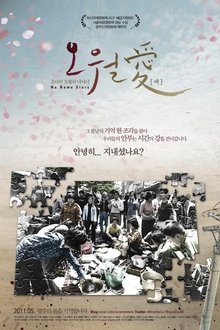
No Name Stars (2011)
This year is the 30th anniversary of the Gwangju Democratization Movement. Though the country commemorates the event as the official historical records, it does not include any 'real' accounts of the people who experienced it firsthand. The students who were part of the movement; the female vendors who made rice balls for the students; the female high school students cooked at the government building; now, past their middle age, they live as ordinary citizens in Gwangju city. How is the event remembered by these people?
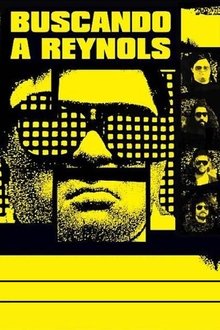
Buscando a Reynols (2005)
Documentary about the enigmatic and experimental music group "Reynols", his lead singer and leader who was down syndrome and the peculiarity of having a discography published in the most dissimilar corners of the planet.
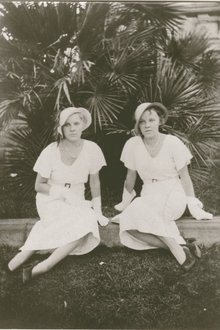
Presencia lejana (1982)
A documentary about Finnish twin sisters, one of whom disappeared in Argentina in 1977.

Gwangcheon-dong, Mr.Kim (2024)
Gwangju is known as a key city of democracy in Korea. Kim Hwan-gyung, a young media artist, begins to live in a typical slum, Gwangcheon-dong. The residents share stories about the lives of the early urban poor, the first Gwangju democracy movement, and concerns about rapid redevelopment. Gwangcheon-dong is scheduled to be demolished and disappear entirely by 2024.

TRAY TRAY KO (2022)
Draped in an electric blue fabric, the artist acts as a conduit between the tangile and the spiritual, blurring the boundaries between human form and natural elements.

Songs of Injustice: Heavy Metal Music in Latin America (2018)
In this documentary film a team of researchers examine the social contexts that influenced the emergence and permanence of heavy metal music in Chile, Argentina, Mexico and Peru. Colonialism, dictatorships, terrorism and neoliberal exploitation serve as points of reference for how heavy metal in the region has been directly linked to each country's social and political context.

This is How the Obelisk Was Born (1936)
The construction of the Obelisco in Buenos Aires, Argentina.
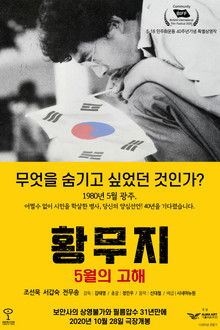
The Confessions of May in the Wilderness (2020)
The movie is a compilation of the movie "Wilderness" in which a member of the airborne unit who killed a girl during the Gwangju Democratization Movement burned himself to death with remorse and "Mr. Kant's Presentation", the story of a man who wanders around as a result of torture after participating as a civilian army.

Let It Be Law (2020)
In Argentina, a woman dies every week as the result of illegal abortions. In 2018, for the seventh time, a motion supporting legal, secure and free abortion was presented to the national congress of Argentina. The project provoked a fierce debate, revealing a society divided more than ever between the pro-life and freedom to choose positions. Through an assemblage of passionate testimonies, Let It Be Law documents the determination of women fighting bravely to secure the right to physical self-determination, and bears witness to their massive mobilization in the streets of Buenos Aires.
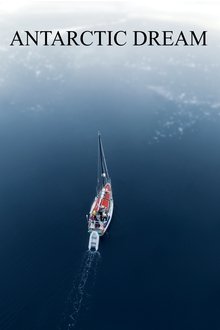
Antarctic Dream (2016)
In this spectacular real-life adventure, a small team of Argentinean mariners sets sail for Antarctica in a custom-built sailboat. But to get there they and their vessel will have to brave the treacherous Drake Passage, one of the most dangerous bodies of water on Earth.

Guillermo Vilas: Settling the Score (2020)
For more than forty years, Argentinean sportsman Guillermo Vilas, a tennis legend, has tirelessly demanded that the official rankings (1973-78) be revised in order to finally be recognized as the best player in the world. Eduardo Puppo, a sports journalist, making Vilas' demand his own, fought for more than ten years against a powerful sports corporation to prove that Vilas was indeed unfairly displaced from the top of world tennis.
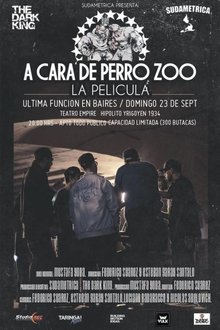
A Cara De Perro Zoo – La Pelicula (2012)
Documentary about freestyle competition and hip-hop culture in Argentina.

Botánicos (2014)
Documentary about the abandonment of cats in the Carlos Thays botanical garden, in the city of Buenos Aires, which is a very old problem. To help alleviate this problem there is the Botanist's Cats Protection Commission. This documentary not only reflects the work of the group but also the risks to which an animal exposes when abandoned. This documentary is produced, recorded and edited by Georgina Zanardi, image and sound designer, founder of Mondo Lila Producciones and volunteer for the Botanical's cat protection commission. The music is composed by Leandro Bajar, guitarist and composer in various musical groups, the music was recorded by Christian Vieyra. The sound design is done by Iván Rivelli, an audiovisual graduate, the graphic design is in charge of Francisca Brown, graphic designer and volunteer for the Botanist's cat protection commission.

Luisita Photo Studio (2019)
The celebrities who visited Luisita Escarria's photo studio in Buenos Aires for decades are countless. Sol, a young photographer, discovers there more than 25,000 unpublished negatives, an archive of incalculable value that opens a window through which to look at the true artistic epicenter of Argentinean popular culture…

Messi (2014)
His teachers, coaches, childhood friends and Barça teammates, together with journalists, writers and prominent figures from the history of football, come together in a restaurant to analyze and pick apart Messi's personality both on and off the field, and to look back at some of the most significant moments in his life. Viewed from Álex de la Iglesia's unique perspective, Messi recreates the player's childhood and teenage years, from his very first steps, with a football always at his feet, through to the decision to leave Rosario for Barcelona, the separation from his family, and the role played in his career by individuals such as Ronaldinho, Rijkaard, Rexach and Guardiola.

Las cinéphilas (2017)
Six elderly retired women, two from Buenos Aires, Argentina; two from Montevideo, Uruguay; and two from Madrid, Spain, have something in common, despite their different interests and lives: they go to the movies almost every day.

White Walls Say Nothing (2017)
Buenos Aires is a complex, chaotic city. It has European style and a Latin American heart. It has oscillated between dictatorship and democracy for over a century, and its citizens have faced brutal oppression and economic disaster. Throughout all this, successive generations of activists and artists have taken to the streets of this city to express themselves through art. This has given the walls a powerful and symbolic role: they have become the city’s voice. This tradition of expression in public space, of art and activism interweaving, has made the streets of Buenos Aires into a riot of colour and communication, giving the world a lesson in how to make resistance beautiful.
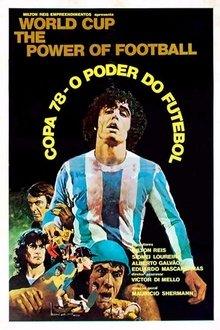
'78 Cup - The Power of Football (1979)
Documentary about the Football World Cup held in Argentina in 1978, focusing on the competition and behind the scenes of the most important soccer competition in the world. Two versions of the 1978 official film exist, the first "Copa 78 - O Poder do Futebol" was made by Brazilian directors Maurício Sherman and Victor di Mello in 1979 but was later withdrawn by FIFA because of its controversial content. The film includes an interview with Rodolfo Galimberti, one of the leaders of the Montoneros guerrilla group and also made accusations that the Argentinian competition organisation committee had deliberately hindered Brazilian chances of success by tampering with the pitch at Mar del Plata.
